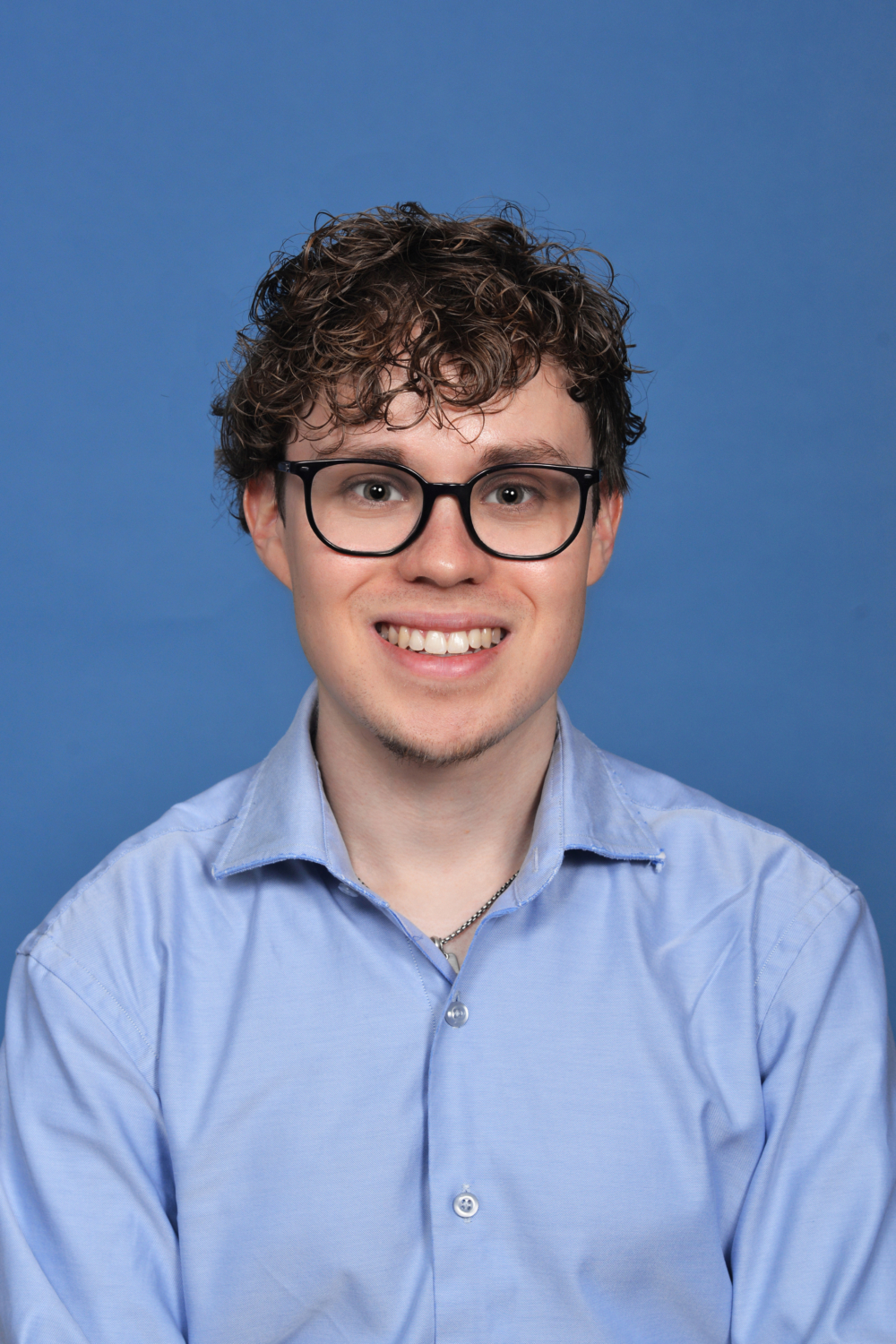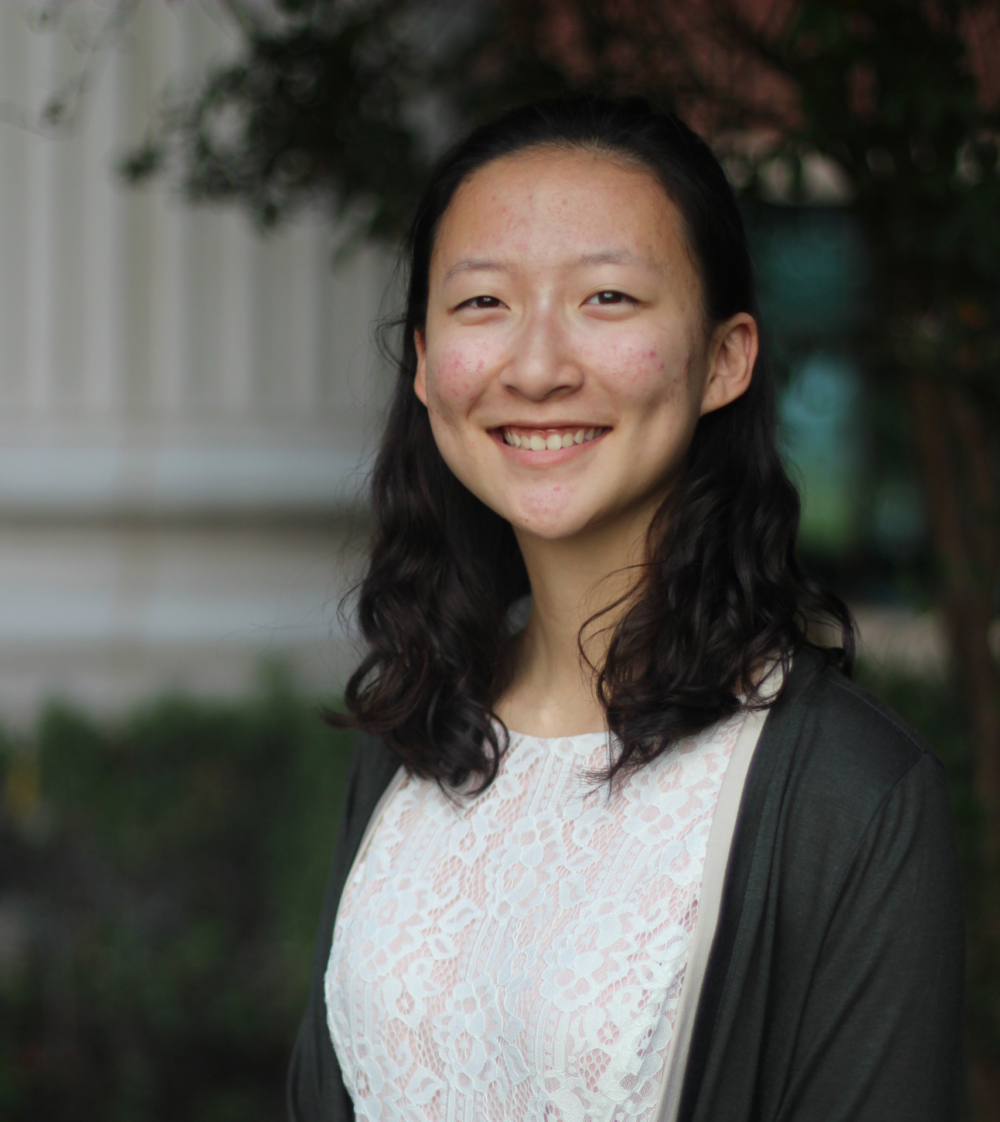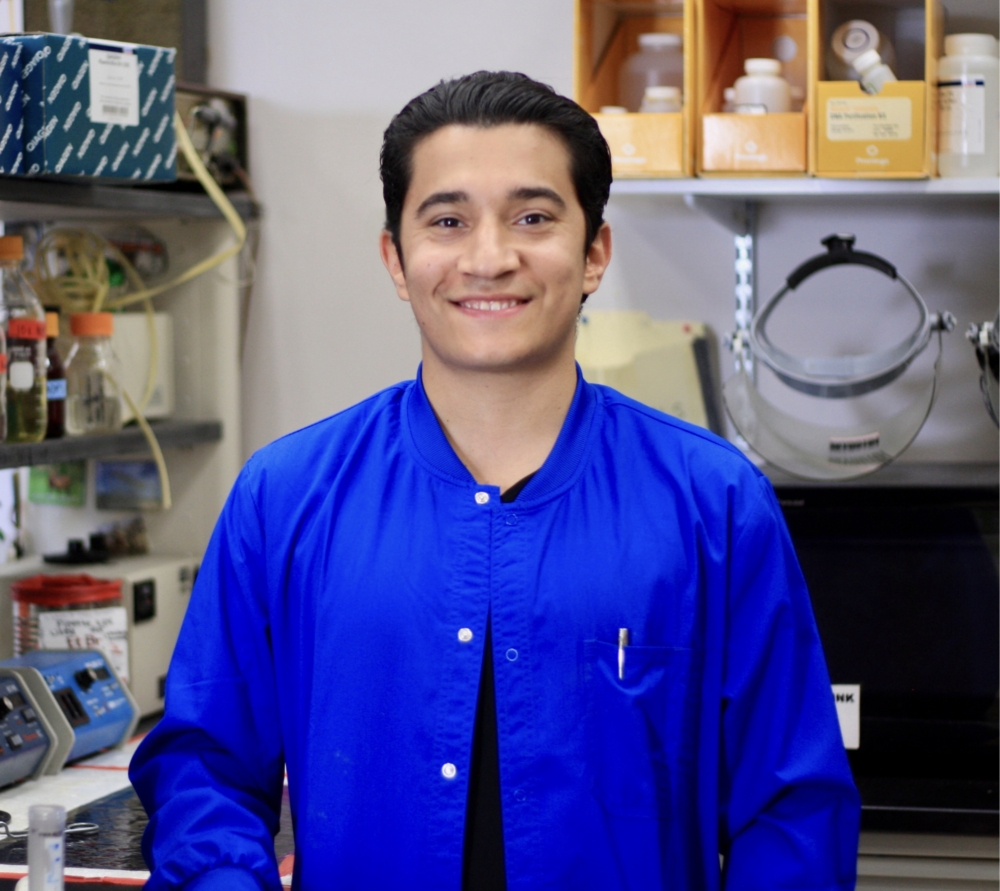Make a gift today to support education, lifesaving research and world-class care. Give Today ➔

Ángel Adrián Garcés was born in Bryan, TX and raised in the DFW suburb of Allen, TX. Ángel moved to Houston in 2014 to pursue a B.S. in chemistry at Rice University, where he became fascinated by the complexity of cancer biology through undergraduate research projects on gold nanoparticle melanoma vaccines and chemotherapy-induced DNA changes in breast cancer. The discovery of new knowledge that might one day improve outcomes for patients with cancer led Ángel to pursue an M.S. in therapeutics and pharmacology at MD Anderson Cancer Center from 2018–2021. His thesis research discovered that two genetic mutations (ATRX-Loss and IDH1-R132H) currently used to diagnose brain cancer make these tumors more sensitive to proton radiation compared to traditional X-ray radiation therapy.
Ángel’s research experience combined with volunteering as a medical interpreter for Spanish-speaking patients at San Jose Clinic in downtown Houston are what developed his motivation to become a physician-scientist. Ángel joined the Medical Scientist Training Program (M.D./Ph.D.) at Baylor College of Medicine in 2022. After three years of medical training, he entered the Cancer and Cell Biology Ph.D. program. His research interests are in understanding how cancer cells develop resistance to current treatments and in designing new treatment strategies to overcome these resistance mechanisms. Upon graduation from the M.D./Ph.D. program, Ángel aspires to pursue training in pediatric hematology-oncology. He aims to lead the design of clinical trials for new therapeutics aimed at improving outcomes in children fighting blood cancer and develop health equity focused interventions ensuring that patients from medically underserved communities can receive the latest advances in cancer care.
Outside of school, Ángel enjoys traveling with his wife—they have visited over 15 countries across Europe, Asia, and South America. A lifelong musician, Ángel has played the saxophone for 17 years and has performed with various Houston bands, including the jazz-fusion group “Steve Cox’s Beard” during his time at Rice. He is also a self-taught singer-songwriter whose music blends jazz and modern hip-hop. Ángel is incredibly grateful for the opportunity to join BRASS and looks forward to engaging with a community dedicated to supporting the next generation of scientists.

Joelle is from Huntsville, AL. As a Rocket City native, she grew up with a deep love for space exploration and Appalachian autumns. She then moved to Texas to attend Baylor University, where she was first introduced to the vast world of cancer research. During her immunology class, she became intrigued by the idea of designing potent cancer therapies by partnering with the human body’s strongest defense against disease—the immune system. This idea led her to pursue two research gap years at the University of Pennsylvania and Peter MacCallum Cancer Centre. Through her experiences in Philadelphia and Melbourne, she gained a profound appreciation for the stunning capabilities of novel cancer immunotherapy technologies, as well as the worldwide scope of academic medicine.
Returning to Texas, Joelle joined the Medical Scientist Training Program (M.D./Ph.D.) at Baylor College of Medicine. Through a Ph.D. in the Development, Disease Models & Therapeutics (DDMT) Graduate Program, she hopes to leverage opportunities within the Texas Medical Center to innovate cell and gene therapies. More broadly, she aspires to make novel contributions for cancer medicine as a physician scientist.
Here in Space City, it gives Joelle great joy to meet new people in a spontaneous encounter or to serve greater Houston with her church. Whenever she gets the chance, she enjoys hiking in national parks, singing in car karaoke, and drinking great coffee. Joelle is honored to join the BRASS community and looks forward to getting to know its members in the years ahead.

Ryan King Perez was raised in Queens, New York, and earned his undergraduate degree in computer science and music from the University of Nevada–Las Vegas. As a first-generation college student, his early fascination with science was nurtured by his mother’s encouragement to stay curious and deepened after personal losses during the COVID-19 pandemic—an experience that inspired his commitment to improving quality of life through biomedical research.
He is now a PhD student in the Quantitative and Computational Biosciences program at Baylor College of Medicine, where his work integrates microbial genomics, wastewater epidemiology, and metagenomics. Ryan’s long-term goal is to develop microbial therapeutics that leverage host–microbe interactions and AI-driven tools to combat disease and advance precision medicine.
Outside the lab, Ryan creates science communication content through his YouTube channels, PerezTheDev and Research: Decoded, and volunteers in STEM outreach. In his free time, he enjoys traveling, cooking, playing music, and reading.

Dylan was adopted from South Korea and grew up in Mesquite, Texas. He earned his Bachelor of Science in Biology from the University of Texas at Austin, where he studied how bacteria evolve resistance to antibiotics. After graduating in 2021, he moved to Bethesda, Maryland to work at the National Cancer Institute. There, he researched how cell death shapes the immune system during infection and autoimmunity. Inspired by personal experiences within his family, he decided to pursue a career as a physician-scientist to bridge the gap between scientific research and clinical care.
In 2023, Dylan returned to Texas to join the Medical Scientist Training Program (MD/PhD) at Baylor College of Medicine. After completing two years of medical training, he began his PhD in the Immunology and Microbiology (IY) Graduate Program. He is interested in understanding how immune system dysfunction impacts cancer progression and treatment resistance. Dylan plans to pursue a career as an ENT head & neck surgeon, combining his laboratory discoveries with surgical patient care to improve therapies and outcomes for cancer patients.
Outside of science, Dylan enjoys weightlifting, exploring the outdoors, and searching for vintage and antique finds. He also enjoys the highs and lows of Longhorn football, exploring Houston’s restaurant scene, and spending time with his friends, family, and girlfriend. Dylan is honored to join the BRASS family and looks forward to sharing science, building friendships, and giving back to the Houston community.